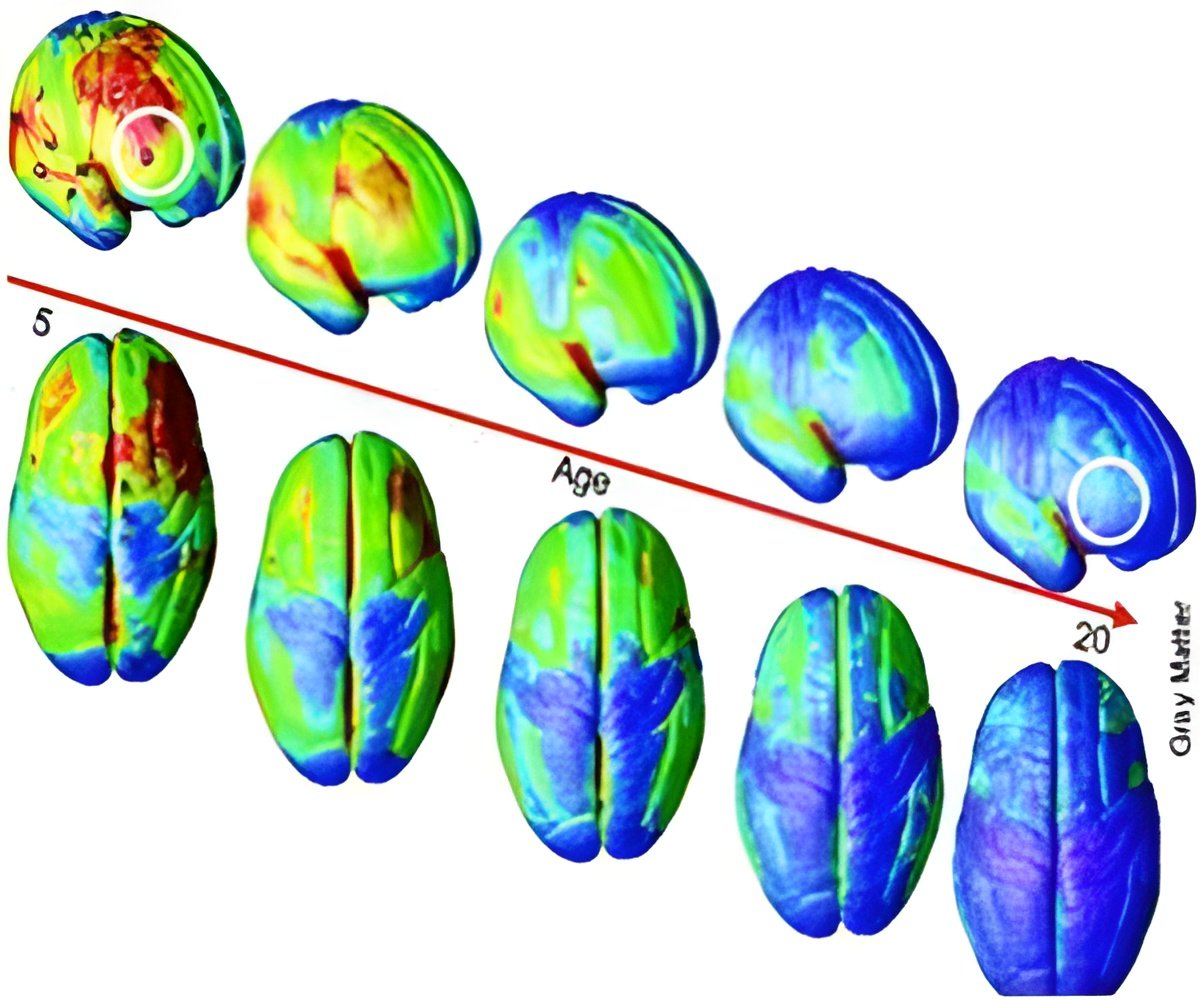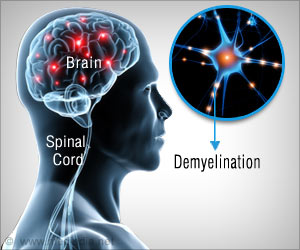The ability to inhibit unwanted thoughts relies on a neurotransmitter, a chemical in the brain that allows messages to pass between nerve cells known as GABA.

‘The main "inhibitory" neurotransmitter in the brain, GABA concentrations, within the hippocampus predict people's ability to block the retrieval process and prevent thoughts and memories from returning.’





GABA is the main "inhibitory" neurotransmitter in the brain, and its release by one nerve cell can suppress activity in other cells to which it is connected. GABA concentrations within the hippocampus -- brain area involved in memory -- predict people's ability to block the retrieval process and prevent thoughts and memories from returning.
The results may explain why people suffering from disorders such as anxiety, post-traumatic stress disorder (PTSD), depression, and schizophrenia often experience persistent intrusive thoughts, the researchers said.
"Our ability to control our thoughts is fundamental to our well-being," said Michael Anderson, Professor at the University of Cambridge.
"When this capacity breaks down, it causes some of the most debilitating symptoms of psychiatric diseases: intrusive memories, images, hallucinations, ruminations, and pathological and persistent worries -- key symptoms of mental illnesses such as PTSD, schizophrenia, depression, and anxiety," Anderson added.
Advertisement
As the participants tried to inhibit their thoughts, the researchers observed that even within this sample of healthy young adults, people with less hippocampal GABA were less able to suppress hippocampal activity and as a result much worse at inhibiting unwanted thoughts.
Advertisement
"Our study suggests that if you could improve GABA activity within the hippocampus, this may help people to stop unwanted and intrusive thoughts,"Anderson said.
Source-IANS









